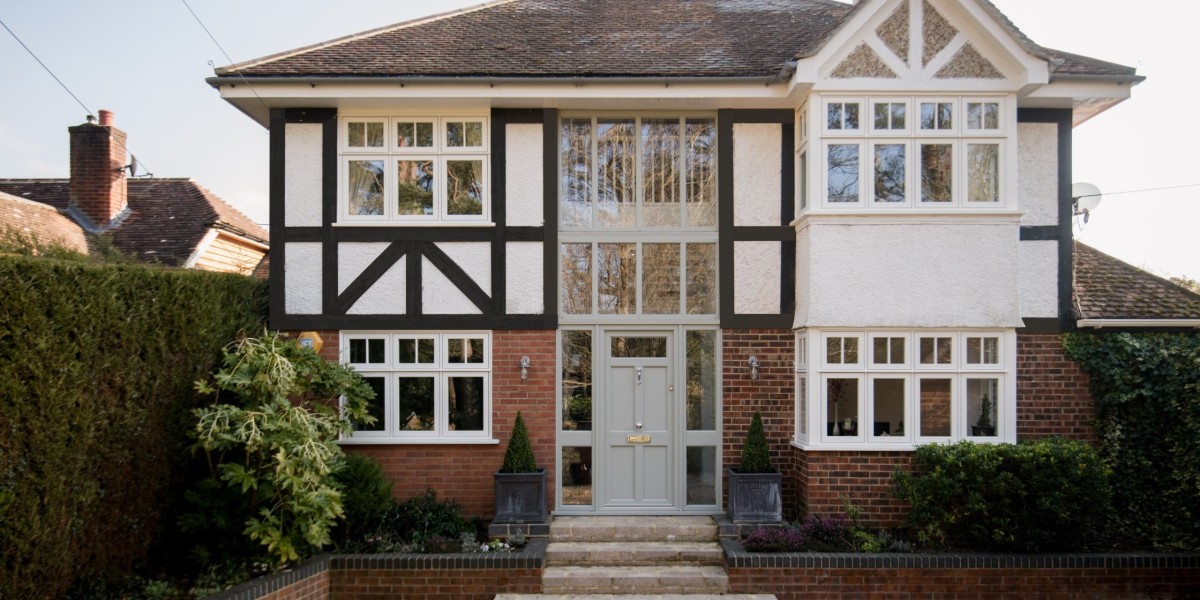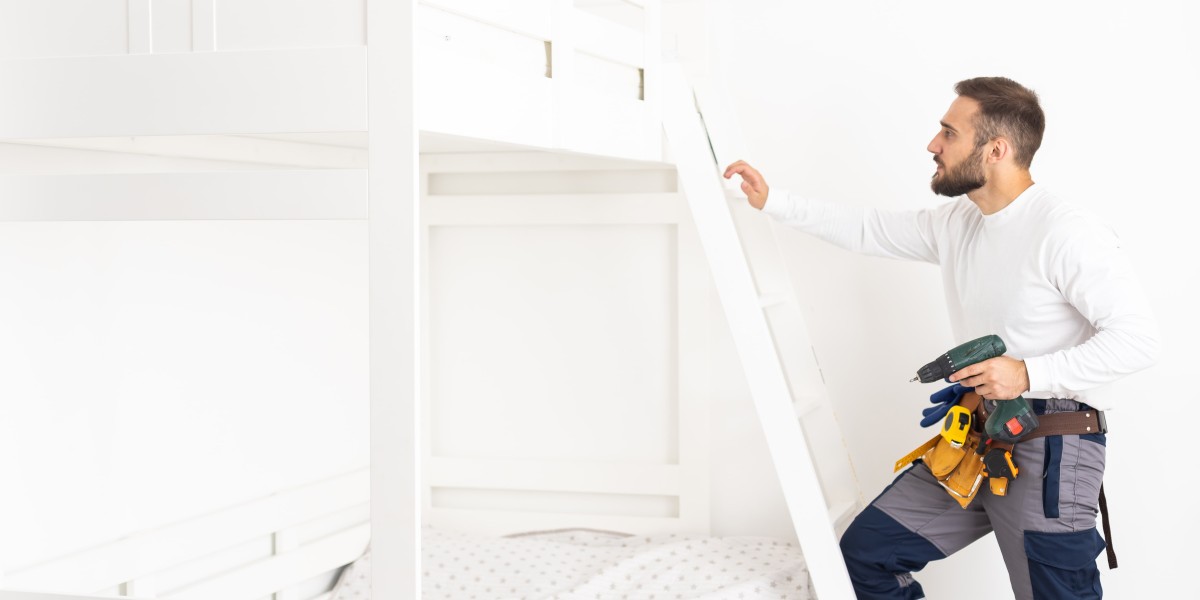In recent years, the window installation industry has experienced a significant transformation, driven largely by advancements in technology and a growing emphasis on energy efficiency and sustainability. Among the most notable developments is the emergence of smart windows and automated installation systems, which not only enhance the functionality of windows but also streamline the installation process itself. This article explores these innovations and their implications for homeowners, builders, and the environment.
The Evolution of Window Technology
Traditionally, window installation has involved a straightforward process of measuring, cutting, and fitting windows into pre-existing frames. However, as the demand for energy-efficient homes has increased, so too has the need for windows that can adapt to changing environmental conditions. Smart windows, equipped with technologies such as electrochromic glass, are designed to automatically adjust their tint based on sunlight exposure, reducing the need for air conditioning and enhancing indoor comfort.
These windows can be controlled via smartphone apps or home automation systems, allowing homeowners to optimize natural light and heat gain throughout the day. The integration of smart technology into window design not only improves energy efficiency but also adds a layer of convenience and luxury to residential and commercial buildings.
Automated Installation Systems
While smart windows represent a significant leap in window technology, the installation process has also benefited from automation. Traditional window installation can be labor-intensive and time-consuming, often requiring multiple skilled workers to ensure proper fitting and sealing. In contrast, automated installation systems utilize robotic technology and precision engineering to streamline the process.
These systems can accurately measure window openings, cut frames to precise specifications, and even install windows with minimal human intervention. Glazing By Ideal Glass reducing the margin for error and increasing installation speed, automated systems can significantly lower labor costs and improve project timelines. This is particularly beneficial in large-scale construction projects where efficiency is paramount.
Benefits of Smart Windows and Automated Systems
- Energy Efficiency: Smart windows have been shown to reduce energy consumption by up to 30% in some cases. By minimizing the need for heating and cooling, homeowners can save on energy bills while contributing to a greener planet. Automated installation systems also contribute to energy efficiency by ensuring that windows are installed correctly, preventing air leaks that can lead to energy loss.
- Enhanced Comfort: The ability to control window tinting allows homeowners to maintain a comfortable indoor environment throughout the day. This is particularly advantageous in regions with extreme weather conditions, where temperature fluctuations can significantly impact indoor comfort.
- Cost Savings: While the initial investment in smart windows may be higher than traditional options, the long-term savings on energy bills and maintenance costs make them a worthwhile investment. Additionally, automated installation can reduce labor costs and project timelines, translating to further savings for builders and homeowners alike.
- Increased Property Value: Homes equipped with smart technology and energy-efficient features are often more attractive to potential buyers. As the market shifts towards sustainability, properties with advanced window systems can command higher resale values.
- Sustainability: The production of smart windows often involves sustainable materials and manufacturing processes. Furthermore, their energy-saving capabilities contribute to a reduction in overall carbon footprints, aligning with global efforts to combat climate change.
Challenges and Considerations
Despite the many advantages of smart windows and automated installation systems, there are challenges that the industry must address. The initial cost of smart windows can be prohibitive for some homeowners, and the technology is still relatively new, which may lead to concerns about reliability and longevity. Additionally, automated installation systems require a significant upfront investment in technology and training, which may deter some contractors from adopting these innovations.
Moreover, the integration of smart technology into homes raises questions about data privacy and security. Homeowners must be aware of the potential risks associated with connected devices and take appropriate measures to protect their personal information.
The Future of Window Installation
As technology continues to evolve, the window installation industry is likely to see even more advancements. Future innovations may include the development of self-cleaning windows, enhanced energy-generating capabilities, and even windows that can monitor indoor air quality. The integration of artificial intelligence could further streamline the installation process, allowing for real-time adjustments and optimizations based on environmental conditions.
Additionally, as consumer awareness of sustainability grows, the demand for energy-efficient and smart window solutions is expected to rise. This shift will likely drive further research and development in the industry, leading to even more innovative products and installation methods.
Conclusion
The advancements in window installation technology, particularly through the introduction of smart windows and automated systems, represent a significant leap forward for the industry. These innovations not only enhance the functionality and energy efficiency of windows but also streamline the installation process, offering a range of benefits for homeowners, builders, and the environment.
As we move towards a more sustainable future, the integration of smart technology into our homes will become increasingly important. The window installation industry is at the forefront of this transformation, paving the way for a new era of energy-efficient living. By embracing these advancements, we can create more comfortable, sustainable, and valuable homes for generations to come.









